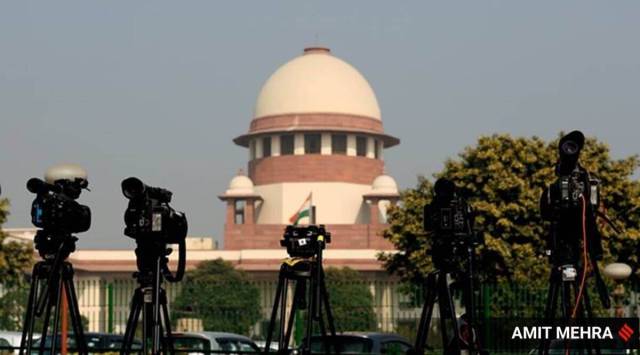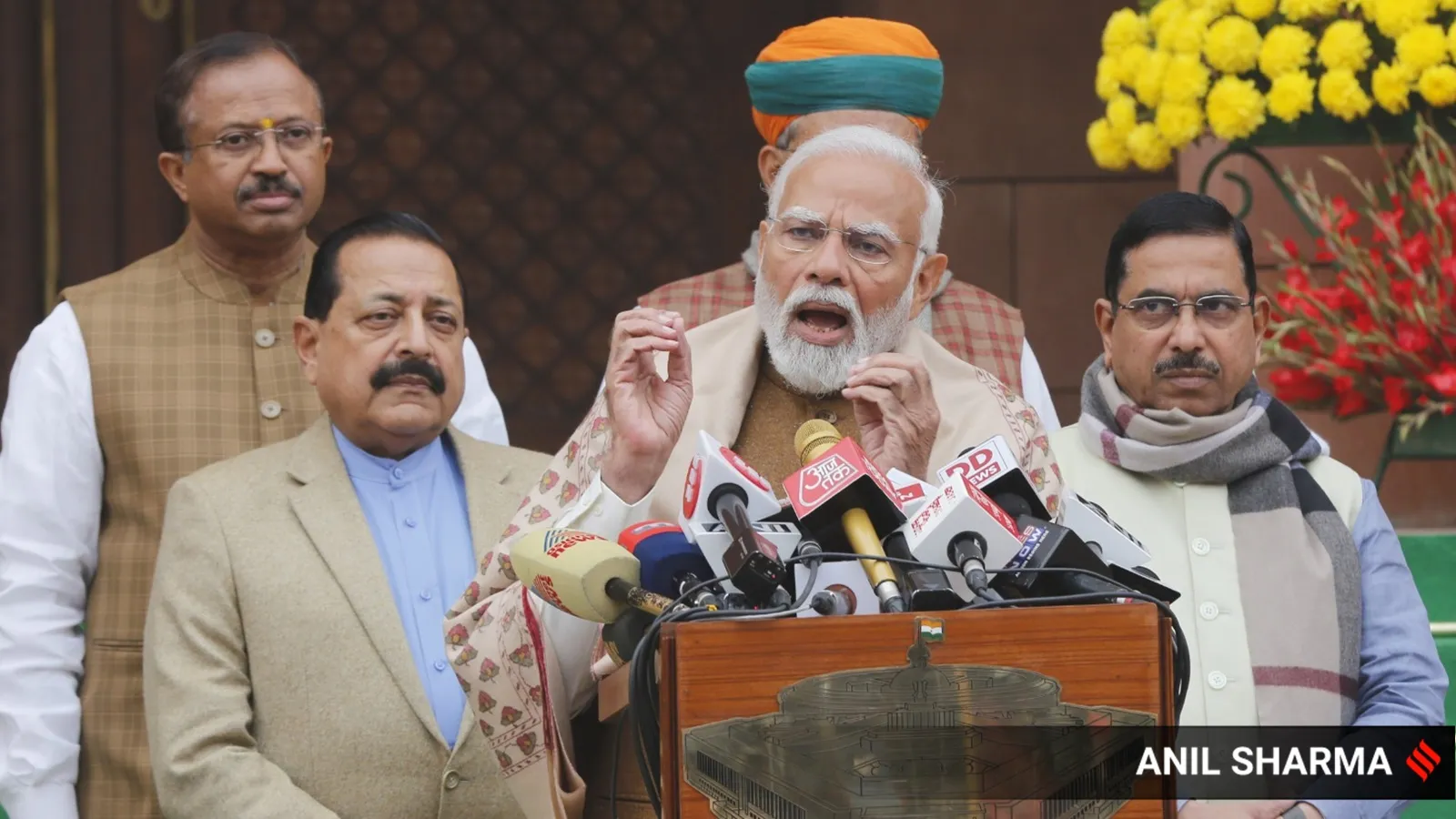The Supreme Court questioned the Centre on Tuesday as to why states like Arunachal Pradesh, which also has a BJP government, and centrally-administered Union Territories like Jammu and Kashmir and Lakshadweep have not responded to the query seeking their views on the enforcement of the law that requires the identification of religious and linguistic minorities at the state level.
Presiding over a three-judge bench, Justice S K Kaul pointed out to Attorney General R Venkataramani that Jammu and Kashmir and Arunachal Pradesh, both under BJP rule, have not responded to the query. Venkataramani informed the bench that 24 states and 6 Union Territories have submitted their views, but Arunachal Pradesh, Rajasthan, Jharkhand, Jammu and Kashmir, and Lakshadweep are yet to do so.
The Supreme Court granted the Centre a final opportunity to obtain responses from the states and Union Territories, emphasizing the importance of their participation. The court directed that a copy of the order be sent to the concerned states and Union Territories.
Advocate C S Vaidyanathan, representing the petitioner, highlighted that the National Commission for Minorities had acknowledged in an affidavit that the definition of minorities should not be based on a national level. Vaidyanathan suggested that the October 1993 notification designating Muslims, Christians, Sikhs, Buddhists, and Parsis as minority communities should either be revoked or a new notification should be issued. He also mentioned that Hindus are minorities in Arunachal Pradesh, Lakshadweep, and Jammu and Kashmir, which may explain their lack of response.
The court agreed to give the Centre more time to gather responses and scheduled the next hearing for March 21.


























+ There are no comments
Add yours